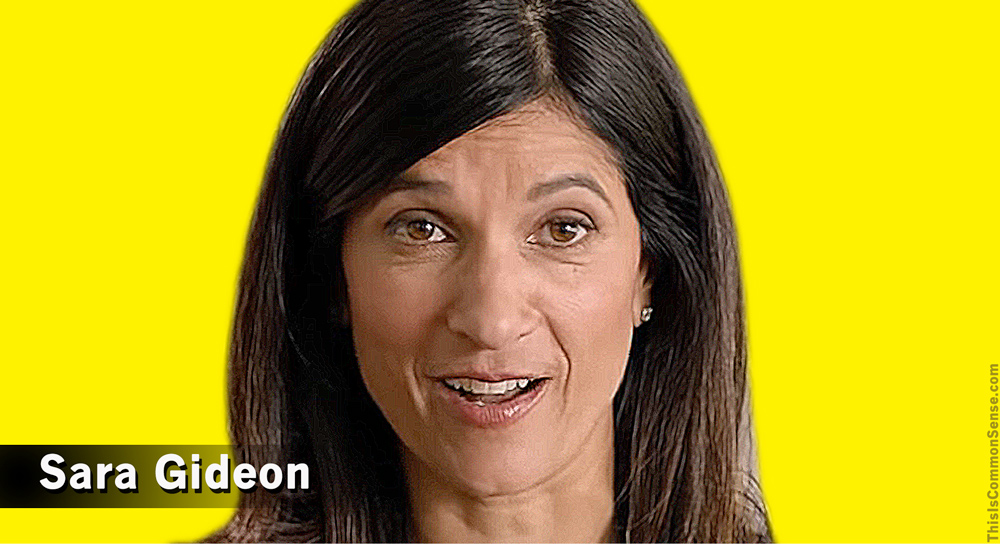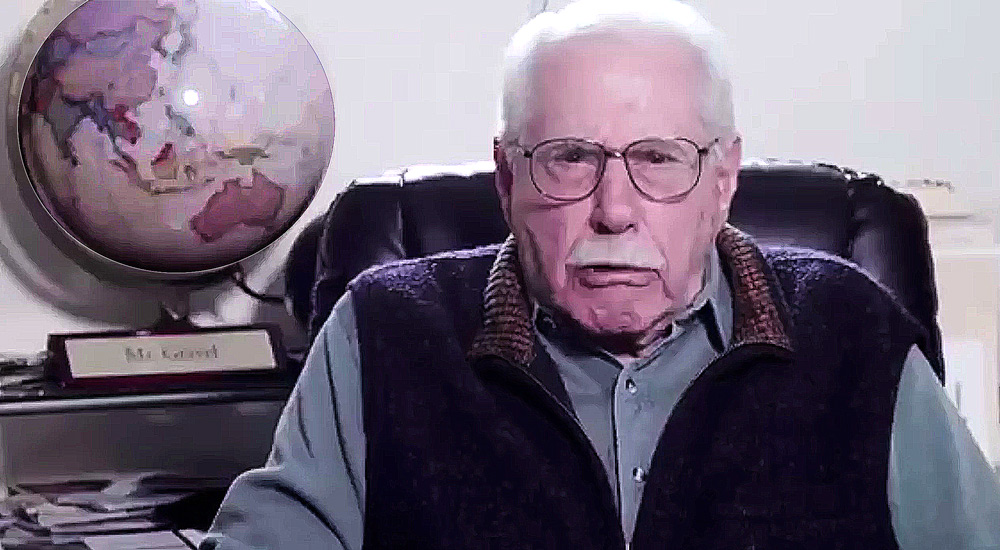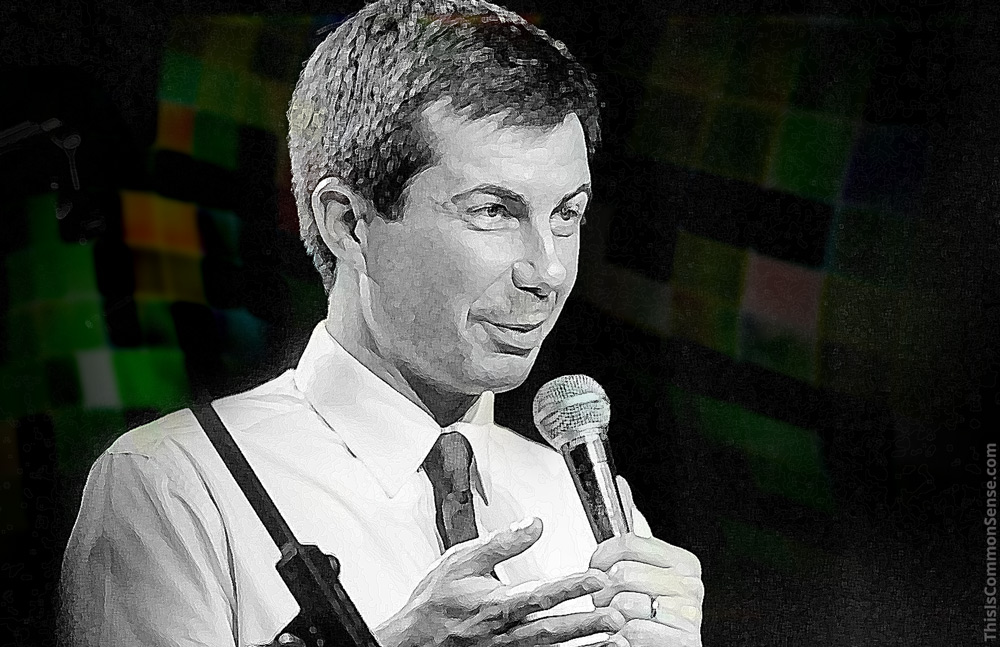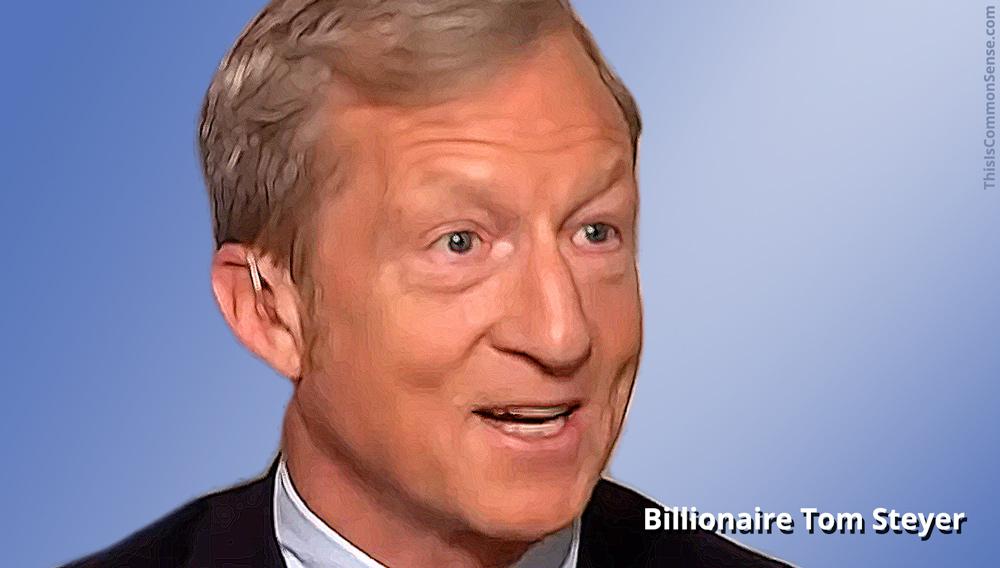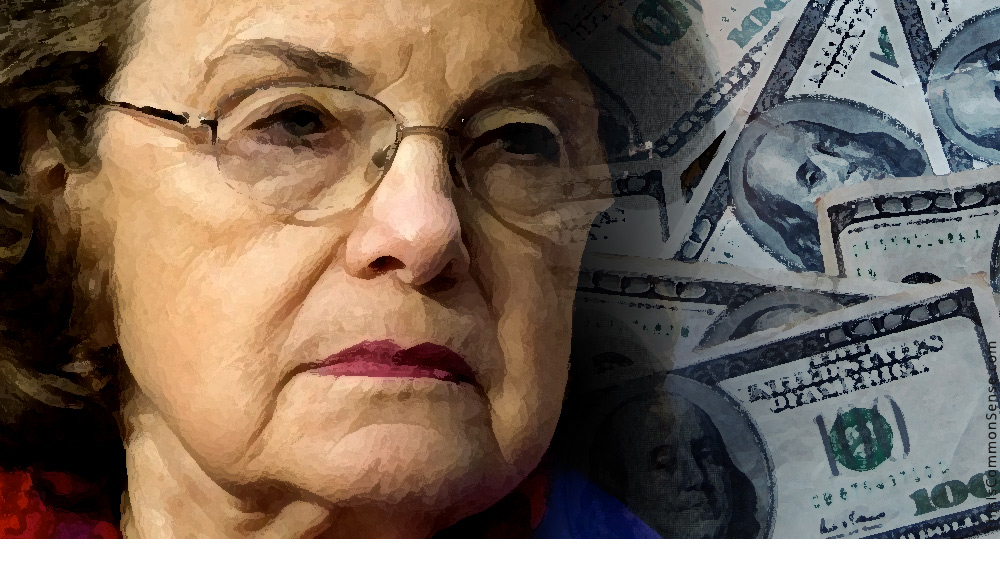How popular is President Joe Biden?
Better to ask how unpopular; a substitute Democrat to be named later is more popular.
Twelve points more popular.
“An unnamed ‘Democratic candidate’ shifts the race by 12 points on the margins,” Aaron Blake reports in The Washington Post, “turning a four-point Democratic deficit against Trump into an eight-point lead, 48 percent to 40 percent.”
Democrats are mulling all this over because their unpopular president, according to a recent New York Times-Siena College poll, trails former President Donald Trump “in five of the six most competitive battleground states”: Arizona, Georgia, Michigan, Nevada, and Pennsylvania.
“I am concerned,” offered U.S. Sen. Richard Blumenthal (D‑Conn.), “by the inexplicable credibility that Donald Trump seems to have despite all of the indictments, the lies, the incredible wrongdoing.”
Or is it, instead, the lack of credibility enjoyed by establishment politicians and media?
“What many missed about the poll is that a generic Democrat isn’t the only one significantly overperforming the actual candidate likely to lead the ticket,” Blake further explains.
“The poll also tested a race without Trump,” discovering that the “GOP’s lead goes from an average of four points with Trump to an average of 16 points without him, 52 – 36.”
Former South Carolina Gov. Nikki Haley polls best against Biden.
Democrats, however, lack an “available alternative.” Vice-President Kamala Harris polls only a single point better than Biden, which is damning news for Biden. Would another Californian, Gov. Gavin Newsom, fare better?
Or is the only good Democrat a mythical Democrat?
This is Common Sense. I’m Paul Jacob.
Illustration created with PicFinder and Firefly
See all recent commentary
(simplified and organized)
See recent popular posts

